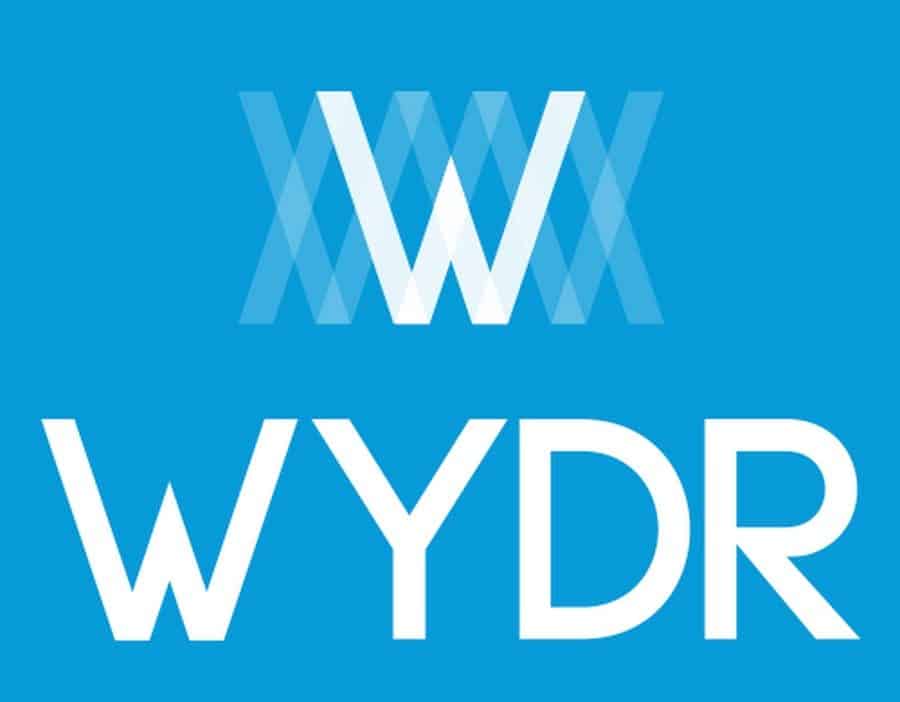Mobile wholesale democratisatising traditional retail – Wydr
Let us briefly look at the state of mobile commerce business in India. Since circa 2014, rightfully defined as the ‘year of the mobile’, till today, mcommerce has been witnessing increased traction and the magnitude of this traction burgeons at a blitzkrieg rate, particularly at this time of the year, marked by the festive season. Interestingly, much of this traction comes from the Tier 2 and Tier 3 cities and towns. We strongly believe in the fact that mobile is the future of commerce in India and that is the reason our business strategy has been ‘mobile first’ from day one. We are a wholesale B2B marketplace on a mobile platform.
Mobile technology is revolutionizing the tier 2 and 3 markets. Talking about B2C, half the shoppers in tier 3 cities are already on mobile, as compared to the one third from tier 1 cities. Cheaper smartphone technology and the growing range of connectivity in Indian towns seem to be the driving force in the domain of mobile commerce. In fact, the m-commerce market in India is slated to reach $19 billion by 2019. Be it a B2B or a B2C business, the trend remains the same all across. This is not only the trend in terms of mobile as a viable medium of shopping over PC, but also, mobile marketplace businesses.
The evolution of ‘mobile’ marketplaces as far as B2B is concerned
The Indian wholesale market is largely unstructured, unorganized and fragmented. B2B wholesale trading in consumer goods is a large, fragmented market with thousands of sellers and buyers existing at multiple levels. The market has an absolute absence of large organized players following a structured ecosystem. Myriad number of issues such as broken up distribution chain, cost involved in setting up a sales team across the country, low trust market, payment safety issues and logistics concerns etc has prevented many players from growing beyond a specific volume and geographical radius. Although, internet is indeed a great leveler as any seller from anywhere, big or small, can sell to anyone anywhere in India using the power of an online marketplace, the B2B market is still significantly underserved by the online industry. It is still largely unorganized with very little technology led innovation. Offline wholesale buying and selling is still tough, inefficient and non-transparent.
Interestingly, wholesale buyers and sellers have completely bypassed the desktop stage and straightaway adopted smartphones for enhancing their business. Traders are increasingly using smartphone chat features for catalog sharing and trading and the time is now ripe for mobile wholesale ecommerce or mcommerce.
Imagining a B2B ecommerce business 3 years ago was difficult but now, B2C has done the job of establishing the ecommerce ecosystem in India and molding buyer’s behavior. It was inevitable that online commerce will permeate the B2B domain as well. Mobile Ecommerce in the wholesale distribution market is very much a ‘here and now’ thing.
Problems and challenges still faced and solutions
Let us now look at the typical problems and issues faced by the B2B market and how an online wholesale marketplace can mitigate such issues.
Discovery – Easy access to new sellers across geographical locations
Requirement: Simply put, a retailer in a Tier 2 or Tier 3 town does not have an access to the top wholesaler, good product at the best of prices. He is dependent on the middlemen and these middlemen do not reveal their sources. Similarly, a wholesaler sitting in a wholesale hub does not have the resources and bandwidth to directly connect with relevant buyers.
Solution – Mobile-first B2B platforms like Wydr bring the benefit of mutual discovery of buyers and sellers along with the benefit of end-to-end ecommerce. A retailer sitting in Delhi can now easily find hosiery products manufacturer in Ludhiana or Tirupurand and source directly from them. There are several online directory listing websites too, which many buyers and sellers have used to their advantage for discovery. But these platforms seldom provide transaction support. They are just for discovery.
Payment solution: Transaction safety
Problem – In conventional wholesale distribution environments, payment collection and product delivery from distant locations has always been a challenge for both for the buyers, as well as for the sellers. Even today, this remains the single biggest hurdle for business growth. Even a buyer is reluctant to do business with a new seller if he has to make upfront payment, thus limiting his sourcing options. Many sellers are short of working capital and they start manufacturing products only once they receive the order.
Solution – Platforms like Wydr allows buyers and sellers to trade in a worry-free manner. Neither does the buyer have to worry about making upfront payment and not getting his goods, nor does the seller have to worry about not receiving the payment after product delivery. The platform provides real time view of order movement and payment status. Sellers are now more open to trade with retailers staying afar and also with completely new retailers. Wydr catalogs businesses through a meticulous credibility check.
Data led decisions
Problem – Traditionally, a retailer had to study market conditions and trends to keep himself abreast of the latest trending products or the best performing products. Physically visiting a wholesale hub was a must for gaining domain knowledge and also to know which product sells better. Wydr’s interaction with retailers in Dehradun and Roorkee revealed that they were dissatisfied with the choice of merchandise available with the regional wholesaler. They had to come to SadarBazaar, Delhi each quarter to understand the latest trends, especially in fashion and home décor categories.
Solution – Online platforms powered by technology helps in this aspect as well. Collection and analysis of real time data from thousands of relevant buyers, helps sellers to zero in on what is selling hot and what is not. Thereby, helping sellers to put their investment into the right mix of products.
Price Competitiveness:
Problem – Unlike in the B2C business, there are no fixed prices in the wholesale business. Prices are largely negotiable and depends upon long term relationships, volume of sale and buying power of the retailer. But largely controlled by the seller.
Solution – Platforms such as Wydr that hosts bulk sellers from across the country, provides the choice of competitive pricing of products to buyers. Buyers can choose the seller by negotiating with many of them and choosing the one, which offers the best price, all within the comfort of his own store, on his mobile.
If the retailer has received a product enquiry from his own buyer he can easily post a query on an app like Wydr and receive quotes directly from sellers and fulfill the needs of his buyer thereby creating client loyalty and better competitiveness.
Logistics is real time now – Powered by technology
Problem – In traditional retail business, transportation and delivery of products is the responsibility of the retailer buying the product. He has to coordinate with the transport vendor to have his goods picked up from the wholesaler. There was no real time view on the movement of goods and no economies of scale
Solution – Technology has completely revolutionized the traditional retailing model. Logistics is now completely technology led and buyers and sellers always have real time view of their goods. Stress and anxiety are greatly reduced. Furthermore, when platforms such as Wydr aggregates buyers and sellers, they are able to bring in economies of scale.
Therefore, keeping in perspective all these factors, it wouldn’t be wrong to conclude that online wholesale is poised to bring about a very positive disruption to the traditional retail wholesale business. A retailer sitting in Chapra region of Bihar who is technology savvy, now has the same access to merchandise that the retailer in a large market like Delhi or Bombay has, hassle-free and efficient.
Wydr is connecting merchants from remote and rural regions of India to their urban counterparts, thereby bridging a glaring gap that had existed for long
Interestingly, 80% of Wydr’s business is from non-metro locations and the company can today serve more than 10,800 pincodes across the country. Additionally, more than 50,000 buyers and sellers in 658 cities in 28 states have already come on to the Wydr platform, trading online.
For remote places beyond the 10,800 pin codes, buyers on Wydr arrange to have the order delivered to the nearest location from where they have it picked. For example a regular Wydr buyer in Talwara in Dist. Hoshiarpur, Punjab picks up his consignment from the transport depot in Jalandhar.
Digitally savvy businesses in remote rural areas can now access the same width, depth of merchandise that their urban counterparts had access to. This is democratization of business in the true sense.
Disclaimer: The views and opinions expressed in this article are those of the authors and do not necessarily reflect the official policy or position of the publication

















